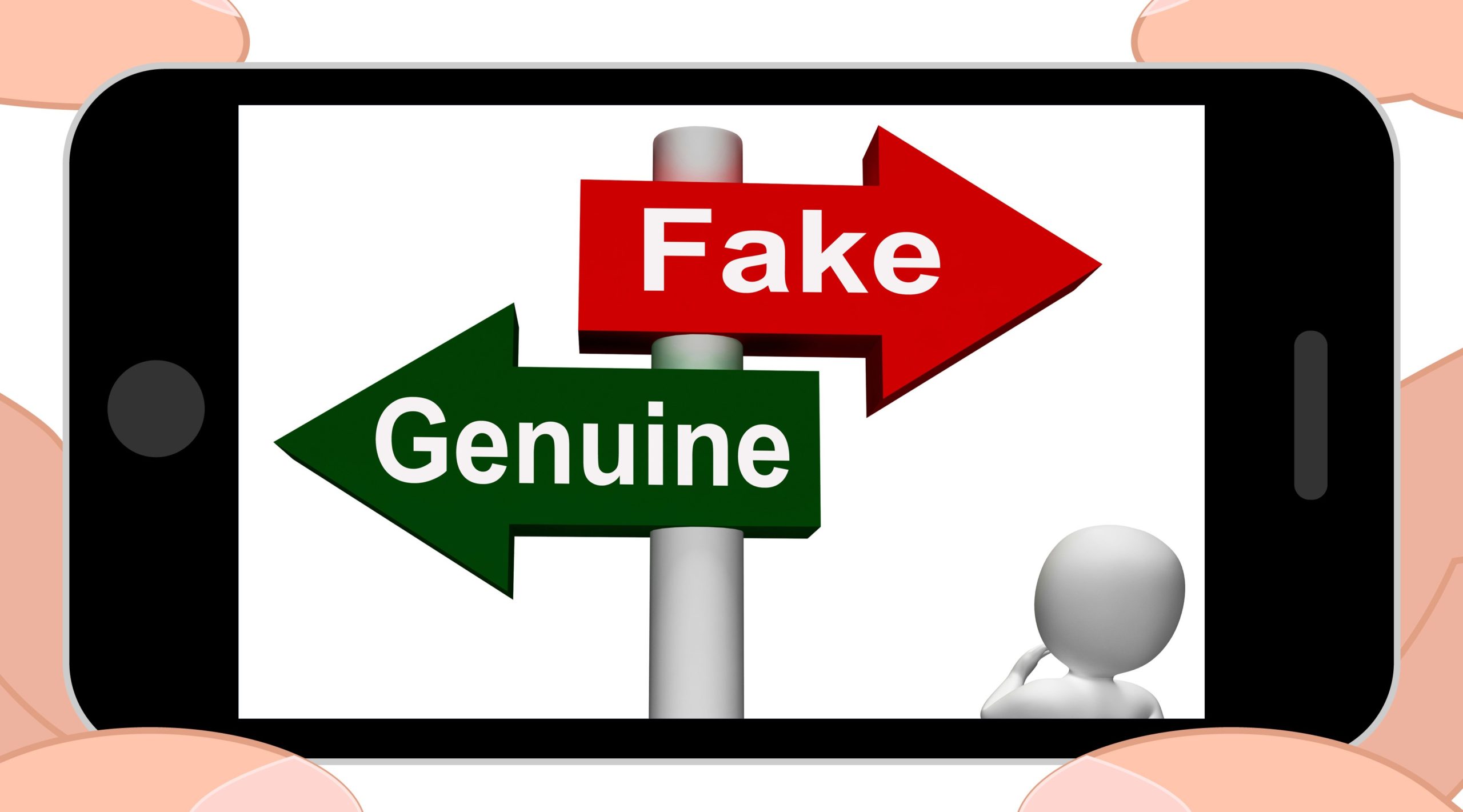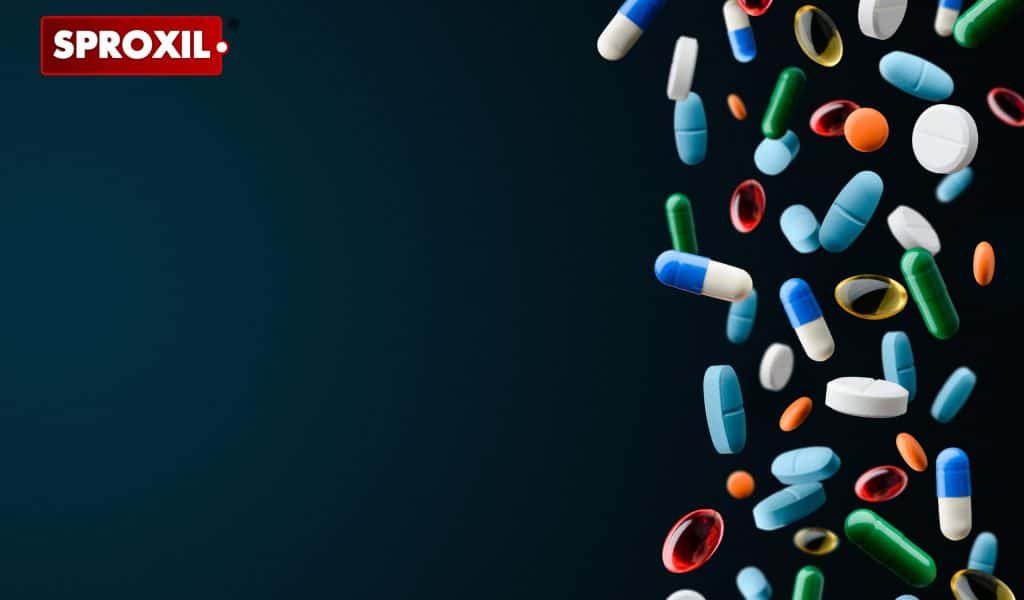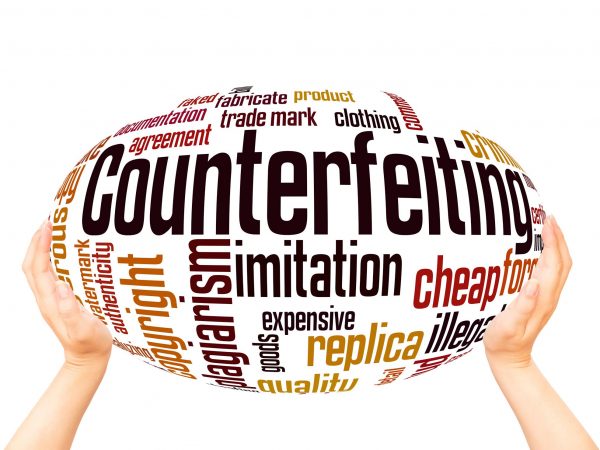Counterfeiting is a global issue that needs global attention.
In many developing areas, medications used for treating non-communicable diseases can be very expensive. Those who cannot afford such medications tend to seek out cheaper alternatives and run into the risk of consuming a potentially harmful, sub-standard medication. Counterfeiters leverage this window of opportunity for selfish and petty gains, and unfortunately, the effects can be devastating to its victims.
A recent article published by The Nation (a Kenyan journal), reiterated the alarming prevalence of counterfeit medicines in a statistic stating that almost one-third of the drugs in the Kenya market are fake. According to a survey taken by the Kenyan National Quality Control Laboratories and Kenyan Pharmacy and Poison Board, “about 30 percent of drugs in the Kenyan market were fake. [That is a] black market value of Sh13 billion” (about USD 30 million).
As alarming as the prevalence of counterfeit medicines is the lack of strict legal measures established and enforced in these countries to fight back. Although countries such as Nigeria are actively working to eliminate counterfeits in their markets (NAFDAC is an amazing and strong organizational force that actively pursues counterfeiters), the rise in fake medicines continues to call for even greater enforcement and proactive investigations.
It is not only the governing bodies and law enforcers that should work toward creating a market free of counterfeits; those in healthcare (doctors, nurses, healthcare administrators, pharmacists) and the pharmaceutical industry (manufacturers, suppliers, distributors) must work together in a concerted effort. Eliminating fakes and bringing counterfeiters to justice is not the sole responsibility of one person, one body, or one country; it is a global issue that needs global attention.
Consumers can also aid in the war against counterfeit drugs; no longer should consumers sit back passively and wait for change. Instead, individuals must be aware of and vigilant at all times. As online pharmacies around the world gain, greater popularity due to their convenience and promises of cheaper and always-available medications, falling into the trap of a fake pharmacy has very negative and potentially dangerous effects. As Dr. Charles David MD (Alliance for Patient Access) once said, “it seems ‘too good to be true,’ it probably is.”
However, it would be inaccurate to state that only the end-users of these medications are the ones who fall for these fake pharmacies. Even doctors and nurses have fallen for fake pharmacies and pharmaceutical medicine retailers. When shortages of medications threaten the welfare of patients, healthcare workers will desperately seek for alternatives from other, less accredited sources. Alternatively, when prices of medications exceed budgets, people will jump at the cheaper alternatives. Counterfeiters always seek opportunity and will take advantage of the needs of anyone, whether it is an end-user, doctor, pharmacist, or drug manufacturer.
“This is a dangerous trade,” warns Dr. Hezekiah Chepkwony (Quality Control Director, National Quality Control Lab).
Indeed, it is, but we can fight back.



